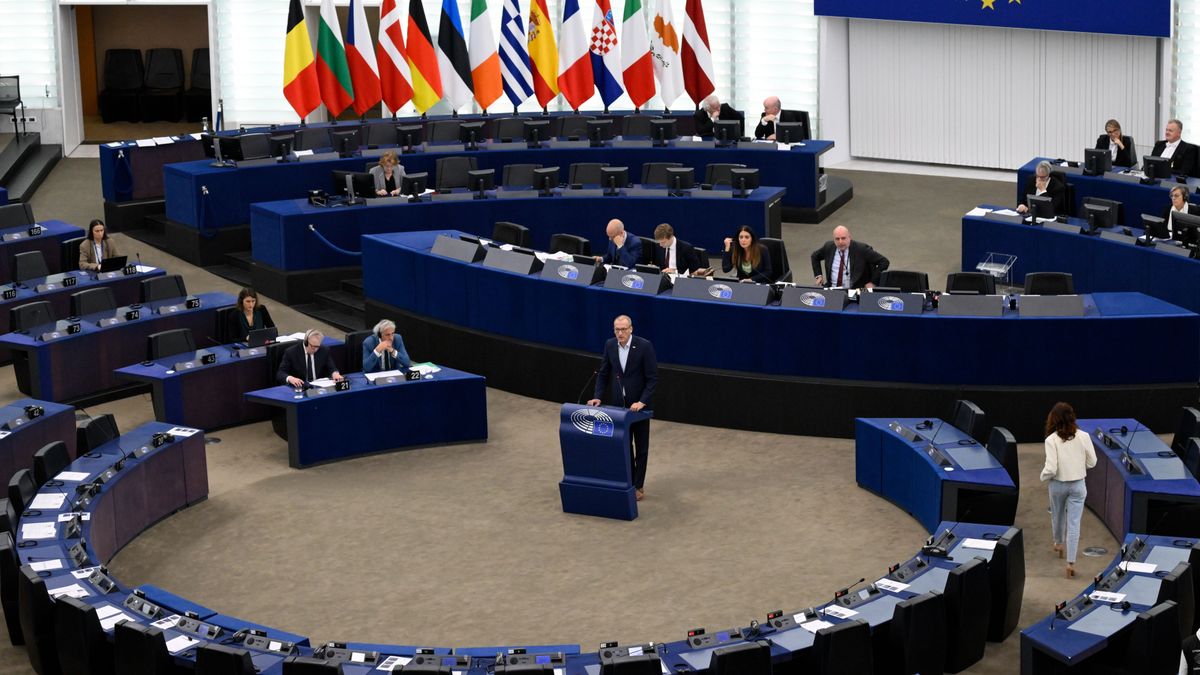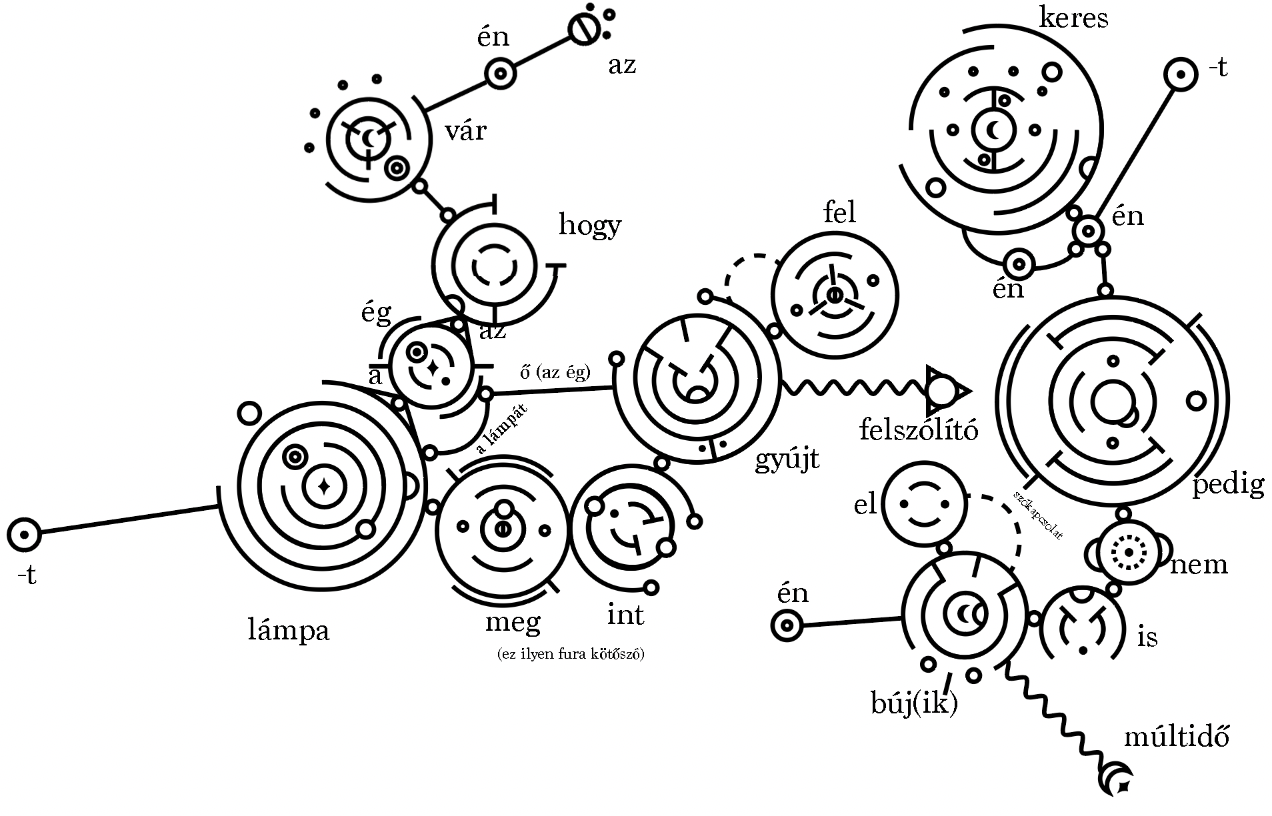- In 2019, part of one of Hungary’s largest walnut plantations, including a 5,000-square-meter processing facility built by the owner for around one billion forints, was auctioned off.
- The land, situated in the Bakony Mountains, was acquired for just 252 million forints by a local resident who had registered in the farmers’ registry shortly before the auction, thereby becoming eligible to purchase it.
- In the wake of the events, two men have been charged by the prosecution for unlawful acquisition of farmland. The prosecution views the local farmer as a straw owner in the case.
- A credit line of 1.2 billion forints was secured for the transaction, part of which was reportedly provided by billionaire businessman Tibor Kuna, Fidesz’s former favourite PR-professional, who fell out of favour with the government a few years ago. However, Kuna denies involvement.
- Previously, Kuna sold all his Hungarian companies except one: Diósliget Ltd., which is engaged in walnut farming in a small village in Borsod County.
The trial of a rather peculiar case began in mid-October at the Győr District Court. The prosecution accuses two individuals of unlawfully acquiring a portion of one of Hungary’s largest walnut plantations – 24.hu has learned.
Since the early 2000s, the original owner had planted over 30,000 walnut trees on the 140-hectare plantation in the Bakony Mountains. According to the charges, nearly 50 hectares of the land located in Románd and Bakonygyirót were acquired unlawfully by the suspects. The Győr District Prosecutor’s Office alleges that “the defendants entered into void contracts and made false declarations to acquire ownership of the properties, thus deliberately circumventing the provisions of the land transaction law.”
 Recorded by the author
Recorded by the authorHe may have been necessary due to the place of his residence as well as the fact that he had entered into the farmers’ registry two months prior to the acquisition, thereby becoming eligible to bid on the land. However, the prosecution claims they were neither capable of purchasing nor independently cultivating the land. Additionally, their income and assets from farming were far below the plantation’s purchase price. The alleged real owner, the primary defendant of the case, provided a loan to facilitate the land’s acquisition.
Both defendants face charges of five counts of illegal acquisition of agricultural and forestry land and five counts of forgery of public documents. The prosecution seeks prison sentences and fines.
A lucrative business
The 140-hectare plantation was established in the early 2000s by Pál Molnár, who, by 2011, had planted walnut trees on 130 hectares, creating one of Hungary’s largest walnut plantations. Its size is comparable to one of Central Europe’s largest contiguous walnut plantations, located in Lengyeltóti, Somogy County, which spans 202 hectares.
According to Molnár, the plantation was planned and established using the world’s best walnut farming technologies known at the time. This included an underground irrigation system with drip technology, high-yield walnut varieties that bear fruit on lateral buds, and super-intensive planting, allowing parts of the plantation to be cultivated as hedgerows, with 333 trees per hectare in some areas.
 Varga Jennifer / 24.hu Pál Molnár
Varga Jennifer / 24.hu Pál MolnárAs Molnár told us, the plantation’s peak yield was projected to reach 500 tons annually, equivalent to 400–500 million forints at current prices. This value represents only the raw product before processing. However, yields fell short of expectations, for which Molnár blames poor soil quality and frost: five out of the past six years brought about significant frost damages. Nonetheless, intensive nutrient supplementation managed to improve soil conditions, and in the best year so far, the plantation produced 100 tons of walnuts, valued at over 100 million forints.
The owner made significant investments, spending hundreds of millions of forints on tree planting alone. He also secured numerous EU grants, including funding for a 5,000-square-meter processing facility. Molnár estimates the original book value of the processing plant at HUF 1 billion, to which the EU contributed 325 million. What makes this especially noteworthy is
A loan was also necessary to construct the facility. This proved to be the root of the problems later on, as well as the fact that as per Molnár’s account, the now-defunct Agricultural and Rural Development Agency (succeeded by the Hungarian State Treasury) withheld all subsidies due to his company, including the final instalment for the construction project. The amount, withheld without any substantial justification, was approximately 100 million HUF. This proved to be so much of a challenge for Bakony Dió Ltd. and its owner – running several simultaneous projects – that despite all efforts and plans of reorganisation, the company entered liquidation proceedings in 2017. The lands comprising the walnut plantation, including the processing plant, were subject to foreclosure since Molnár had provided a personal guarantee for the loan as the company’s owner.
Dubious transactions
Due to Bakony Dió Ltd.’s liquidation, the company’s loans were terminated. However, instead of collecting the debt, the creditor bank sold the claims secured by mortgages. These were purchased by Nagytarcsa-based Business Risk Management Consulting (BRM) Plc. The company enforced its claim through foreclosure, and part of the walnut plantation burdened with mortgages was auctioned in the summer of 2019.
Although the starting price for the land — along with the 5,000-square-meter plant, which Molnár said had cost 1 billion forints to build — was just over 500 million forints, it was eventually sold for 252 million forints to a local resident who had registered in the national farmers’ registry just two months before the auction. Suspected to be a straw owner by the prosecution, the man is now facing charges of unlawful acquisition of farmland. The secondary defendant’s purchase was suspicious not only because he had officially become a farmer shortly before the transaction and lacked the funds for the acquisition,










In essence, BRM sent the money to the local government office, which forwarded it to the bailiff, who in turn returned it to BRM Plc.
The buyer did not have the more than 200 million forints required to cover the remaining purchase price after the auction, either. According to the charges, this was paid from a 1.2 billion forint credit line held in escrow, provided by the primary defendant, free of handling fees and interest. The funds provided by the credit line were intended solely for the purchase and operation of the plantation. As the prosecution argues, this arrangement was supposed to ensure that the primary defendant would have actual control over the Románd property; the manoeuvre was necessary because he himself was not eligible to participate in the auction. Therefore, in the prosecution’s view, the primary defendant provided not a loan but effectively paid the purchase price as the future owner, while the secondary defendant acted merely as a frontman.
Familiar connections
According to the Opten corporate database, the owner of BRM Plc. – the firm that obtained the claims related to the walnut plantation – is István Bíró. Previously, G7 reported that
after Fidesz’s former favourite PR-professional had fallen out of favour with the government. Kuna, once closely connected to Minister of Foreign Affairs and Trade Péter Szijjártó and former Minister of Development Miklós Seszták, sold both Trinity Communications Ltd. and Young and Partners Communications Ltd. (Y&P), despite previously earning billions through them.
As a fresh owner, Bíró’s first step was relocating and renaming the companies: Trinity became SBH Solution Ltd. while Y&P became HSB Product Ltd. Two years ago, HSB Product Ltd. entered liquidation, while SBH Solution Ltd. has been unprofitable ever since getting under Bíró’s management. Over the years, Bíró has been linked to about a dozen companies as an owner or executive, but most of these ventures took place in the late 1990s and early 2000s, and many of the firms no longer exist.
 Varga Jennifer / 24.hu
Varga Jennifer / 24.huIstván Bíró personally told 24.hu that a decades-long friendship bonds him to the case’s primary defendant, Ferenc Lajos S., who provided the 1.2 billion-forint credit line to the secondary defendant obtaining the property on paper. Besides their personal bond, the two men are linked by professional ties: according to Bíró, they are also partners in business, while the Opten company database reveals business relationships between their family members as well.
Although both promised written statements, they ultimately shared details only in person. Bíró stated that although Kuna had supplied funds for the transaction, this was only nominally a loan – in return for his help, the former NER-linked businessman received a stake in an American company, Heartbeat Global LLC., which Bíró described as “entirely transparent.” However, these claims could not be verified, as we could find no American company with the exact same name in any company database.
S. Lajos Ferenc, after the preparatory session of the criminal case, also told our newspaper that Kuna had provided part of the loan he subsequently disbursed but denied that he had granted Kuna a stake in the aforementioned American company in return. When asked what Tibor Kuna had gained from this deal, he replied:
“There was no business for him in this; he just helped us out.”
Tibor Kuna, the walnut grower
We also reached out to Kuna with our questions. His potential involvement is of interest because the businessman, having spectacularly fallen out of favour with the government, retained only one company after exiting his businesses a few years ago. This company is Diósliget Ltd., growing walnuts in the village of Zubogy in Borsod-Abaúj-Zemplén County.
Kuna denied having any role in the matter or providing a loan for the purchase of the Bakony walnut plantation. He also indicated that he had initiated legal proceedings against István Bíró because he believes either our newspaper or Bíró is making false statements about the case. When we pointed out that the primary defendant had also stated that Kuna had provided funding, the businessman – now allegedly living in Spain – would not answer our further questions.
In his first letter, Kuna wrote that perhaps his name may have been linked to the case because he had purchased a walnut plantation 7-8 years ago, informing himself comprehensively about the state of walnut plantations in Hungary before making the decision. He added:
In this field, of course, the Románd plantation was on everyone’s radar at the time, as stories were circulating nationwide about a large but utterly chaotic plantation. Rumours spoke of official bribery, assets nominally transferred to wives from Thailand, and an otherwise talented farmer who had gravely miscalculated his business plans and would stop at nothing.
He stated that he had then purchased a walnut plantation that he now operates on his own terms, albeit without his physical presence. However, the business apparently did not turn out as planned. Recently, a listing appeared on one of the largest real estate portals for a nearly 60-hectare walnut plantation in Zubogy village, advertised for almost 400 million forints, with the contact person being the managing director of Kuna’s company.
 Varga Jennifer / 24.hu
Varga Jennifer / 24.huIn his letter, Kuna also threatened legal action against our newspaper if we wrote about him, as he does not consider himself a public figure. However, due to his past public involvement, our editorial stance is that whether he had participated in this deal, ending in a criminal case, is actually of public interest.
On the other hand, the former NER-billionaire claimed that in the background of all this is a “completely desperate person running out of options, resorting to the age-old tactic of lashing out in all directions.” However, he gave no explanation for why both main players in the deal claim that he was the one providing funds for the acquisition of the Bakony plantation.
“National economic loss”
Pál Molnár, the original owner of the Bakony property, has been fighting for his plantation since 2017, utilising every available legal remedy. He said he had not established the plantation purely for business purposes, investing all his prior savings and expertise into the operation. He emphasised that in case the property was taken from him, its irrigation would become impossible, as the water is sourced from an area not included in the auctioned sections of the property.
He also said that he finds the term “executor mafia” apt, referring to the fact that his plantation was sold for 250 million forints, which he believes is a fraction of its actual value. Moreover, he also feels that several other authorities and state offices were acting in interests other than his, despite the enormous value he had created on the plantation.
 Varga Jennifer / 24.hu
Varga Jennifer / 24.huHe added that, although he follows politics, he could not believe this could happen.
In our case, the national economic loss is measurable in billions compared to our original business plan
– he concluded.
The post NER-billionaire and a straw owner suspected behind acquisition of one of Hungary’s largest walnut plantations first appeared on 24.hu.

 2 órája ezelőtt
13
2 órája ezelőtt
13

























 English (US)
English (US)